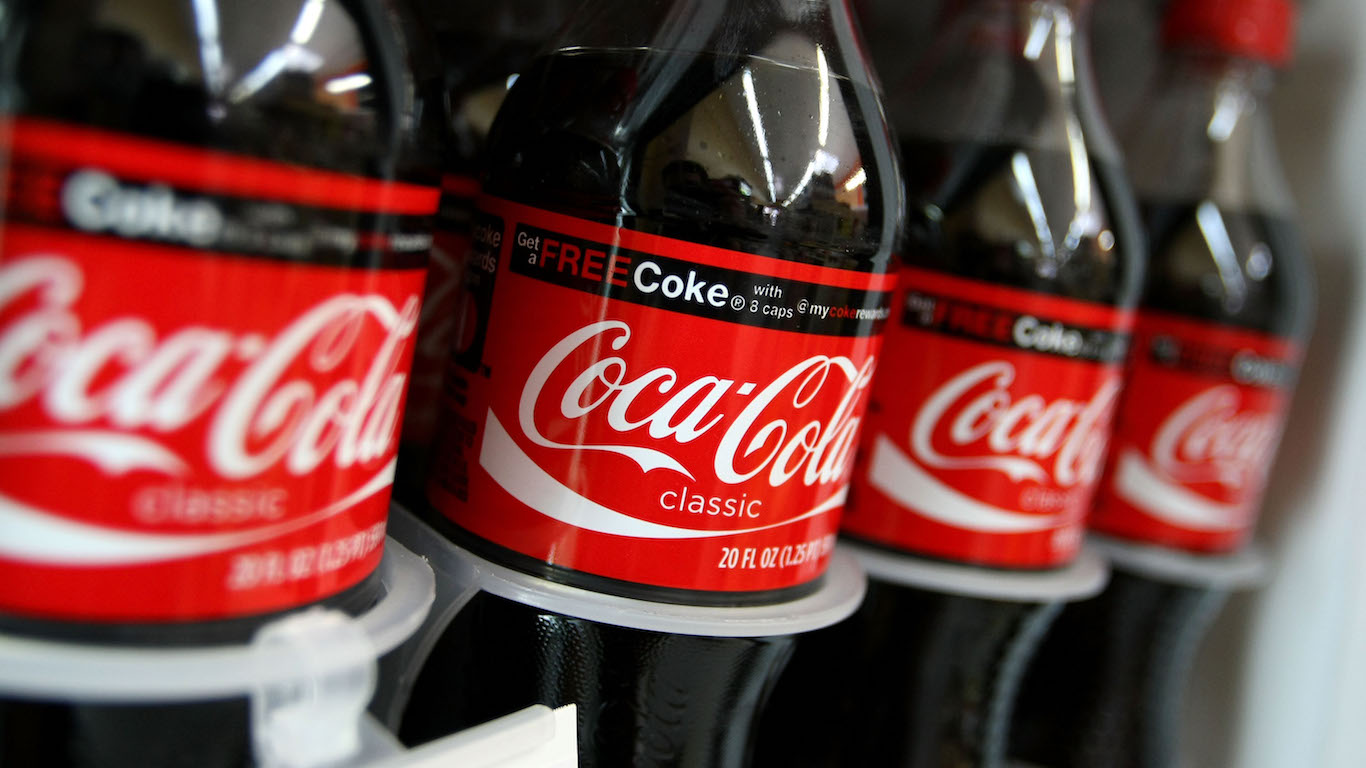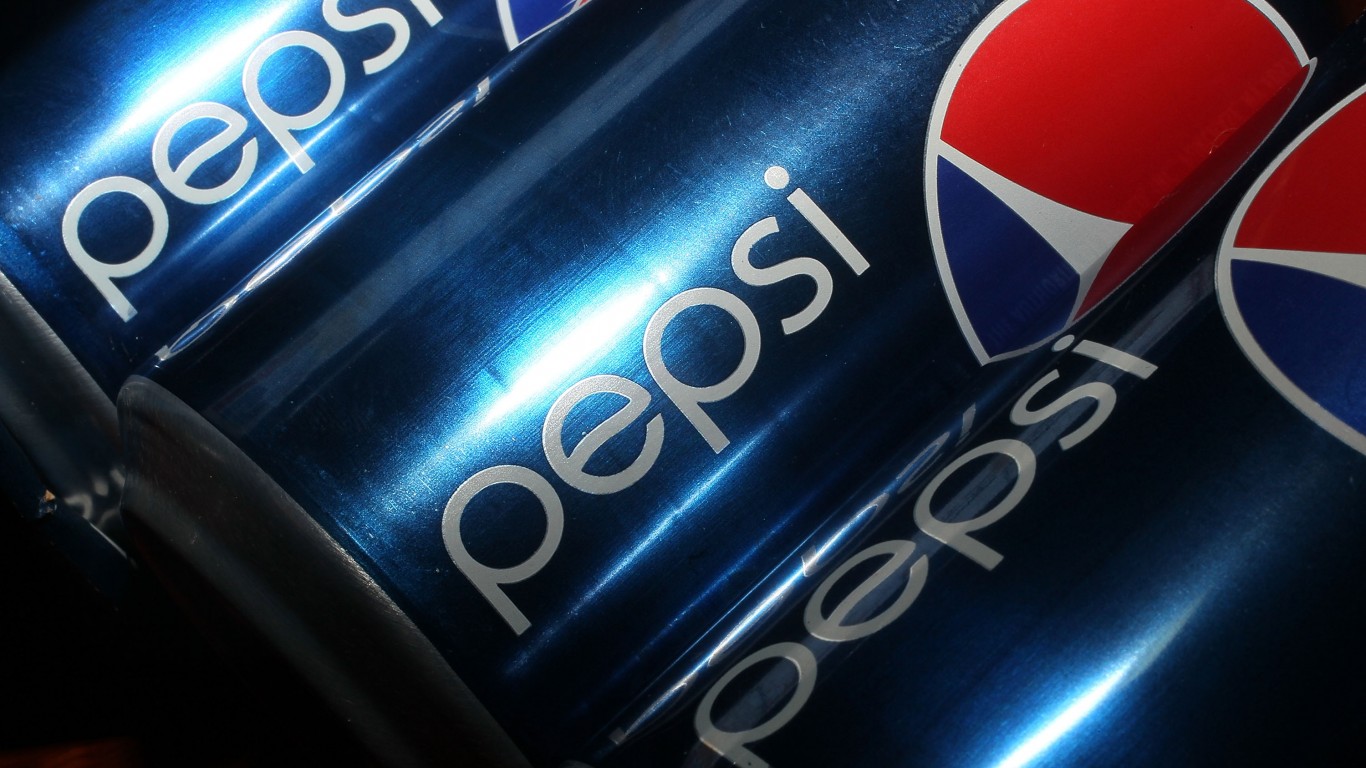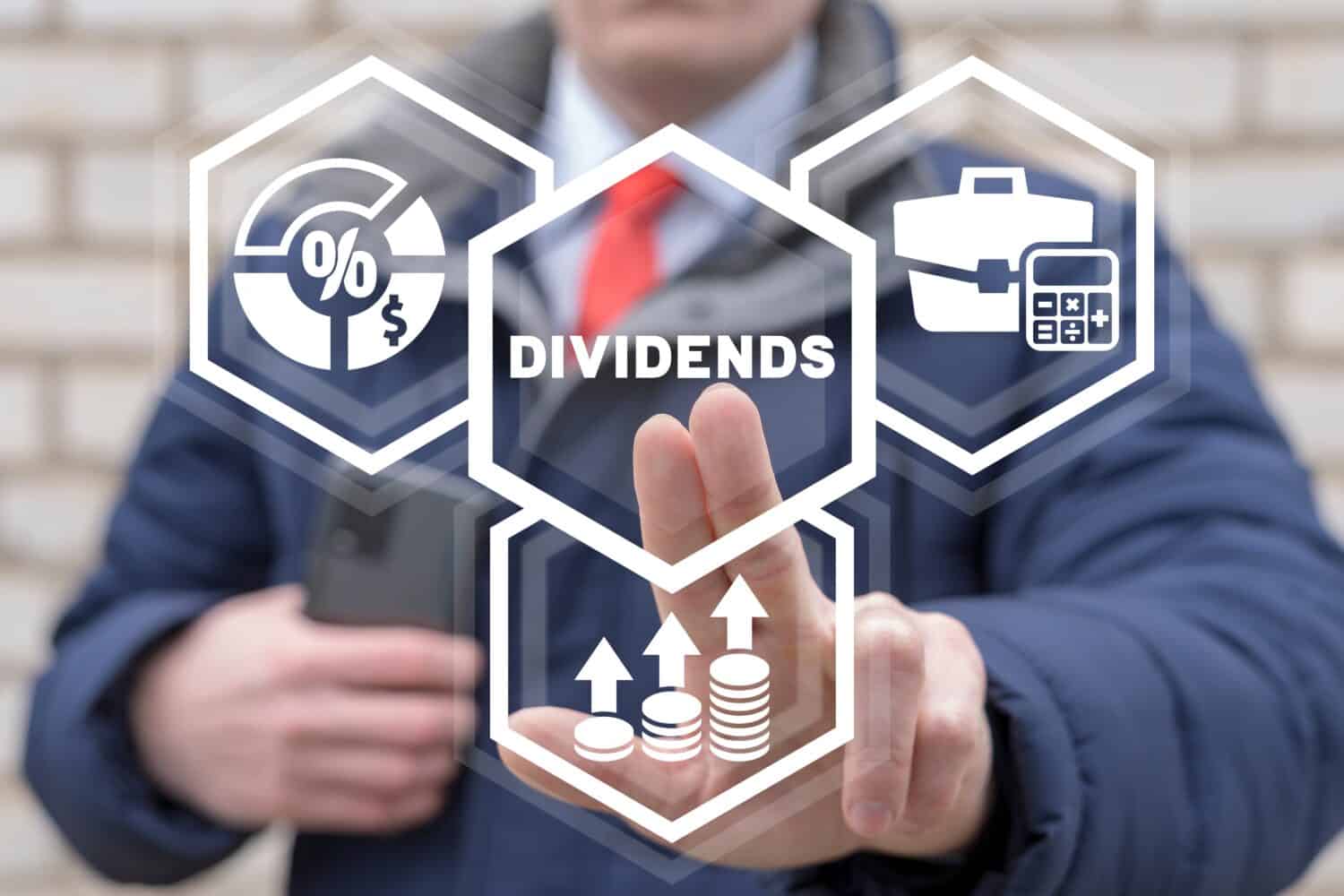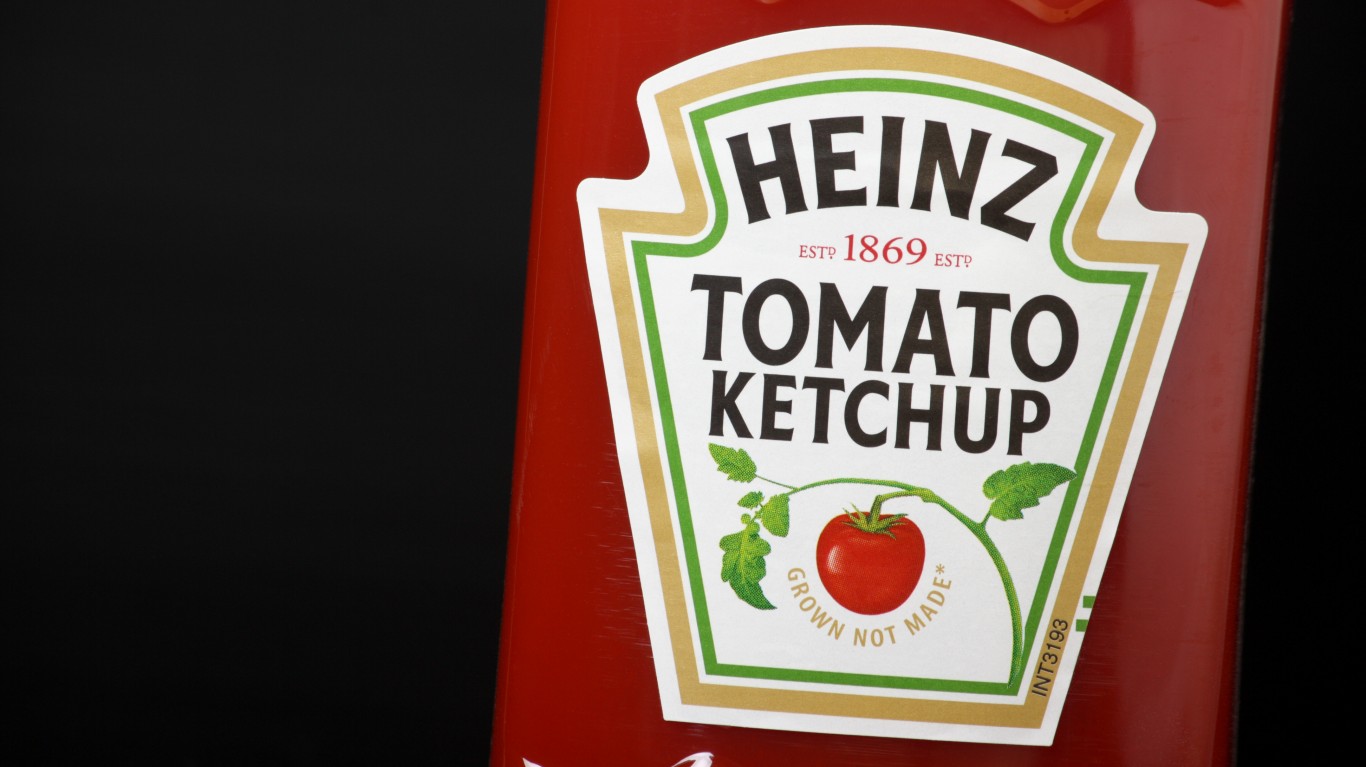Investing
Billionaire Warren Buffett Has 10% of Berkshire Hathaway In These 2 Classic American Staples

Published:

24/7 Wall Street Insights
Conglomerate Berkshire Hathaway (NYSE: BRK-B) is synonymous with Warren Buffett and his late partner, Charlie Munger. Their philosophy of “buy and hold” has served Berkshire Hathaway very well, and can be viewed as a microcosm of American industry. Its 40+ holdings in major public companies, as well as dozens of privately owned subsidiaries, cover the broad spectrum of business, from insurance, finance, transportation, tech, healthcare, consumer goods, manufacturing, etc. When it comes to staples like food and beverages, Berkshire is bullish on Coca-Cola and Kraft-Heinz, which, combined, comprise over 10% of the Berkshire Hathaway portfolio’s total holdings.

Berkshire Hathaway has been a longtime shareholder of Coca-Cola since 1988. Berkshire Hathaway offices are famous for making Buffett personal favorites, like Coca-Cola and wholly owned subsidiary See’s Candies available within arms length of the reception desk.
Buffett started Berkshire Hathaway’s accumulation of KO stock in 1988 and at roughly 400 million shares to date, it is one of his longest continually held portfolio securities. Coca-Cola is the world’s largest soft-drink beverage maker. Coke beverages, like Marlboro cigarettes and Harley Davidson motorcycles, are iconic American brands that are sold all around the world. In the case of Coca-Cola, its sodas, juices, water, and other drinks are sold in over 200 different countries. Other popular Coca-Cola brands include:
24/7 Wall Street has followed Coca-Cola for many years and has published numerous past articles on the company.

Coca-Cola has long reigned as the top US beverage maker, and rival Pepsi-Cola (NASDAQ: PEP) has often long been nipping at its heels. Pepsi has run impressive past campaigns to gain market share, with popular commercials featuring Beyonce, Michael Jackson, Britney Spears, David Bowie, Elton John, and the Pepsi Challenge blind taste tests head-to-head with Coke.
However, while Pepsi has continued to pursue dislodging Coca-Cola from the #1 spot, Dr. Pepper (NASDAQ: KDP) has sneaked up behind Pepsi to recently overtake its #2 slot. Dr. Pepper and Pepsi had a reported tie of 8.3% each, although Dr. Pepper actually was ahead fractionally. Coca-Cola still sits comfortably at 19.2%.

The principles behind Buffett’s and late partner Charlie Munger’s long term holdings criteria are supported by several metrics:
Coca-Cola has certainly earned Berkshire’s loyalty over the years. One of the key indicators of a company’s financial health is its ability to comfortably increase dividends. In its last earnings report, Coca-Cola continued to demonstrate revenue growth by 11% and operating income by 13%. Key to conservative growth minded investors like Buffett is Coca-Cola is its 62 straight years of increased dividends. At the time of this writing, Coca-Cola comprises 7.3% of Berkshire Hathaway’s public company holdings portfolio.

Berkshire Hathaway wholly owns many popular brands, such as Spalding Sporting Goods, Geico Insurance, and Fruit Of The Loom clothing. For the better part of its investment history, it has usually taken a passive, hands-off approach when it comes to publicly traded companies. Kraft Heinz is the rare exception. 24/7 Wall Street has also covered Kraft Heinz in previous articles.
Buffett, in partnership with 3G Capital, had acquired a controlling interest in H.J. Heinz, best known for its ketchup, and thousands of other food products, by 2013. Berkshire Hathaway and 3G Capital then engineered a merger with Kraft Foods in 2015. The combined Kraft Heinz has many famous brands under its umbrella, including:

On May 1, Kraft Heinz reported its Q1 2024 financials. Revenues had fallen by 1.2% to $6.4 billion, and sales were down 0.5%. The drop in revenues exceeded analysts’ expectations but the sales pullback was not as severe. EPS was up 1.5%, and adjusted gross margins improved to 34.5% from 32.8% in Q4 2023. Overall, these are bullish signs that caught the attention of some analysts.
As of the time of this writing, Berkshire Hathaway’s holdings in Kraft Heinz equate to 3.4% of its portfolio.
Credit card companies are pulling out all the stops, with the issuers are offering insane travel rewards and perks.
We’re talking huge sign-up bonuses, points on every purchase, and benefits like lounge access, travel credits, and free hotel nights. For travelers, these rewards can add up to thousands of dollars in flights, upgrades, and luxury experiences every year.
It’s like getting paid to travel — and it’s available to qualified borrowers who know where to look.
We’ve rounded up some of the best travel credit cards on the market. Click here to see the list. Don’t miss these offers — they won’t be this good forever.
Thank you for reading! Have some feedback for us?
Contact the 24/7 Wall St. editorial team.